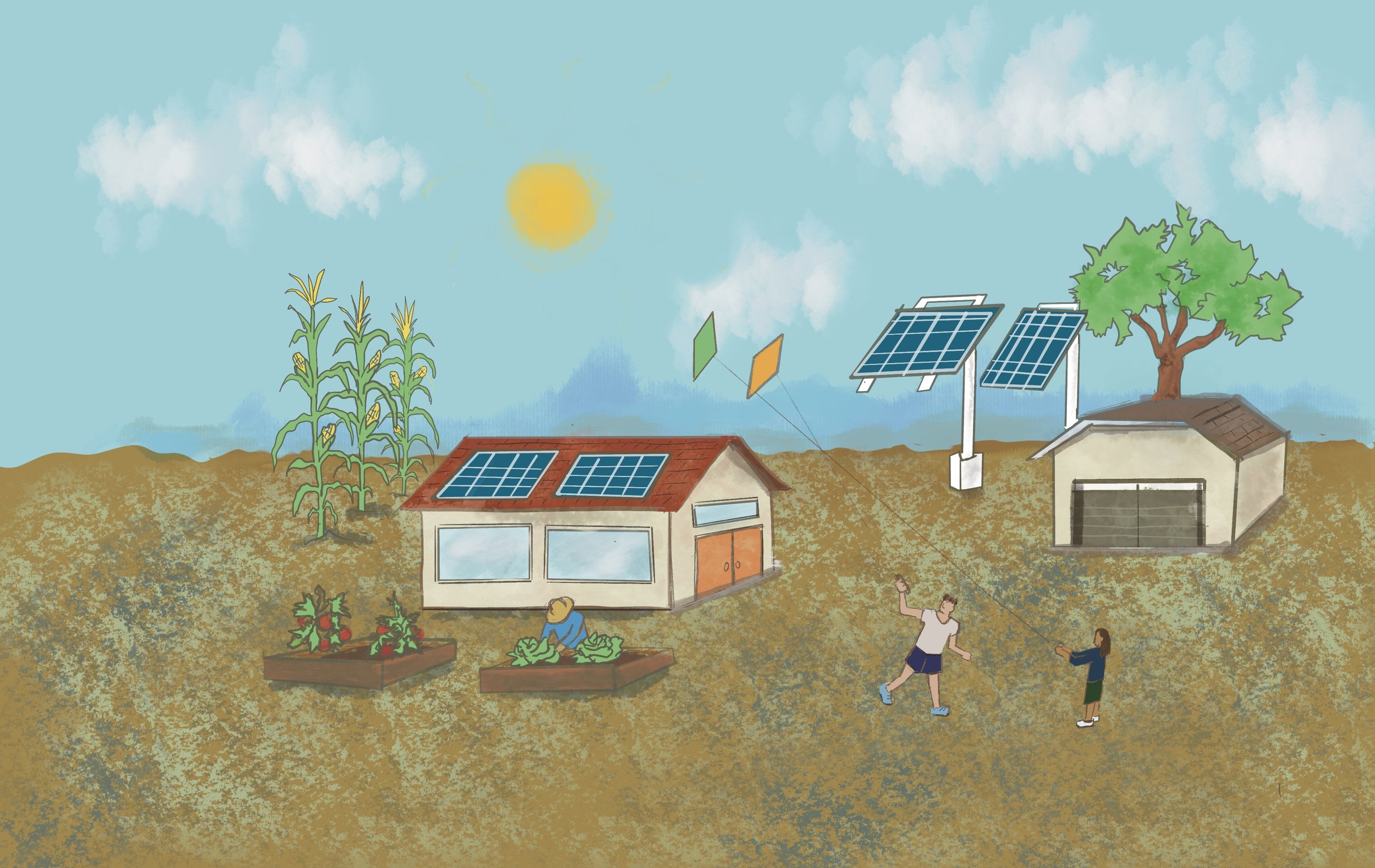Community Resilience Hubs applications open now
When our communities are threatened by wildfires, extreme heat, and other climate disasters, we look out for our neighbors. In 2023, you proved that by helping us pass Community Resilience Hubs, a grant program that funds hubs that provide relief before, during, and after climate emergencies.
This grant program emerged from the Community Resilience Hubs coalition, which included over 50 organizations and had bipartisan support. It was passed during the 2023 Oregon legislative long session under the Climate Resilience Package.
Big news: applications are open for what is now known as the Resilience Hubs and Networks grant! Run by Oregon state’s Office of Resilience and Emergency Management, visit their official website to dive into the heart of the grant, explore FAQs, get application help, and review the rules.
What are Community Resilience Hubs?
Community Resilience Hubs are trusted places with networks of care designed by and for communities to cultivate physical, social, and ecological well-being with a sense of belonging and safety.
The hubs support day-to-day life and activate before, during, and after climate-related emergencies and other natural disasters. Each hub will reflect what works for each specific community, whether that’s resource navigation, community gardens, workforce readiness, family activities, or mobile vans.
Addressing disparities in times of disaster
The necessity of Community Resilience Hubs was underscored by the disproportionate impact of disasters on frontline communities. In Oregon, communities of color, low-income households, rural areas, and people with disabilities are hardest hit during climate-related emergencies and natural disasters.
One example of this is the Almeda fire in 2020. The disproportionate effects of this fire on low income and communities of color highlighted the inequitable landscape that existed in the Rogue Valley.
With its large Latinx population, ensuring access to bilingual resources became essential to recovery efforts in the area. Not only that, but manufactured homes comprised approximately 1 in 3 of the structures that were either lost or damaged, making building affordable and sustainable housing one of the biggest areas of concern.
In response to this crisis, organizations like Rogue Climate rallied together to organize emergency aid through mutual aid centers and supply drop-offs. This experience prompted them to delve into how the local area could not only survive but thrive in the face of climate change. The idea of Community Resilience Hubs was born.
Details about the grant program
Communities and individuals are eligible to apply, and priority is given to communities disproportionately impacted by climate change. Funding can go towards basic medical supplies, electronic charging stations, food storage, or generators.
Communities can also apply for funds to invest in CERT training, grant writing assistance, or other kinds of training that would build ongoing community resilience effortts. A complete list of eligible activities and items is available on the official website.
If you are part of a community eager to foster resilience against climate disaster, apply now. Resilient communities emerge stronger, more connected, and better equipped to confront the climate crisis. Let's not just weather the storm but enact the strategies of a just transition, one of which is to build the world we want to see.




